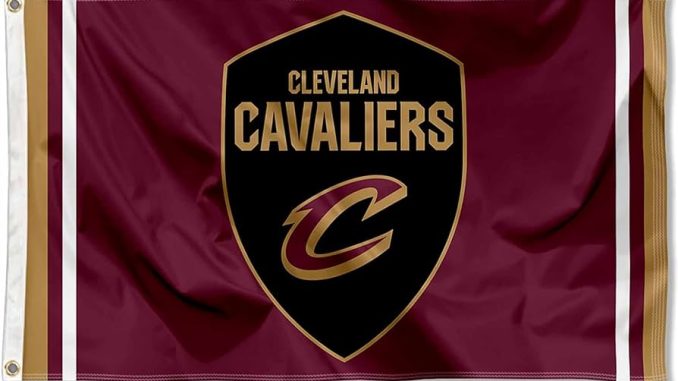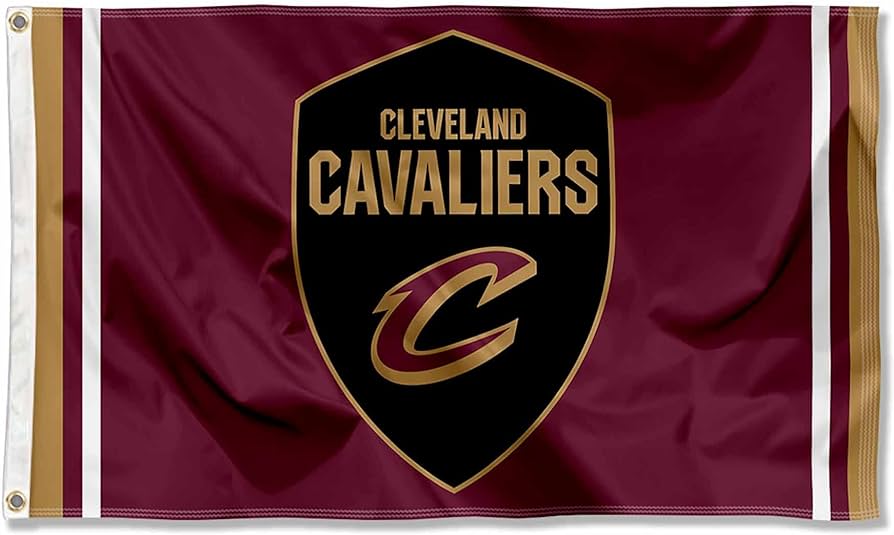
Cleveland Cavaliers general manager Koby Altman alters the organization after LeBron James.
On May 12, 1985, two-year-old Koby Altman was taking a nap when his mother, Deborah, a die-hard New York Knicks fan, was eagerly anticipating the CBS broadcast showing the first-ever NBA Draft Lottery, instituted the year before to prevent teams from tanking.

The stakes were high, especially for the seven lottery teams who relied on the strange concept of rotating envelopes to decide their future. The Knicks, coming off a pitiful 24-58 season, could bring the excitement of basketball back to the Big Apple or continue its decade-long championship drought with a stroke of luck.
“And the first pick in the 1985 NBA Draft,” Commissioner David Stern said while holding up a card with the Knicks logo.
Knowing that year’s winner, Georgetown All-American center Patrick Ewing, was on his way to the Big Apple, Deborah Altman let out a deafening scream, waking her son from his bed and beginning a four-decade love affair with basketball.
That love affair would eventually lead Altman to his current position as general manager of the Cleveland Cavaliers, where he has helped engineer the team’s return to playoff form during the post-Lebron James period.
Altman, who was born to an African American father and a Jewish mother, grew up in Brooklyn’s Prospect Heights neighborhood, where diversity was not a problem, nor was an absent father as time passed. The NBA was always the ideal for thousands of people who honed their abilities on the blacktop or in New York City’s public schools while wearing Converse and Adidas.
“The harder thing with the socioeconomic struggles was not that we were poor; we were lower middle-class,” Altman told USA TODAY Sports. “That was the differentiator in New York. We all went to the park and played; whatever skin tone you were, you would get your praise if you could hoop. If you defended your turf, you had respect from your peers, and that was the most important thing.”

Leave a Reply